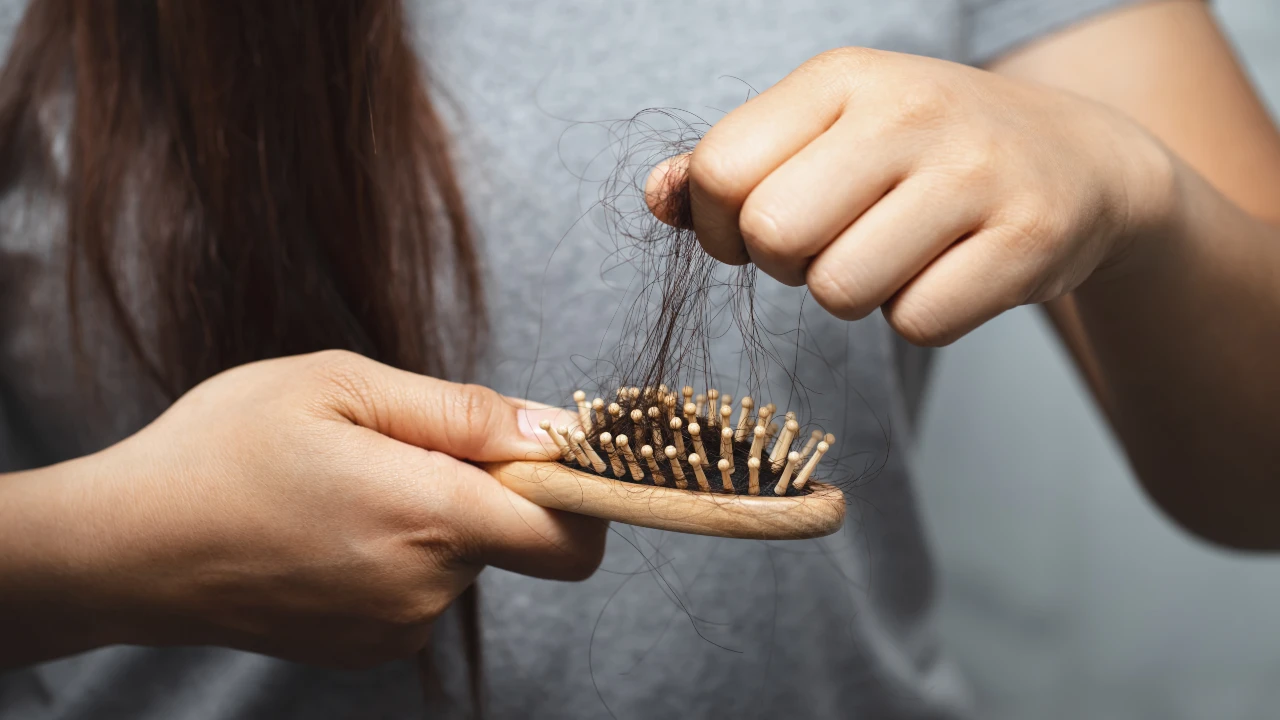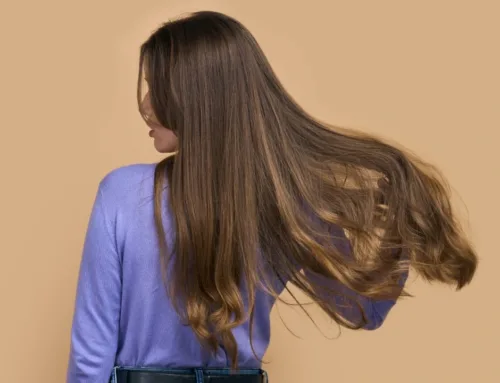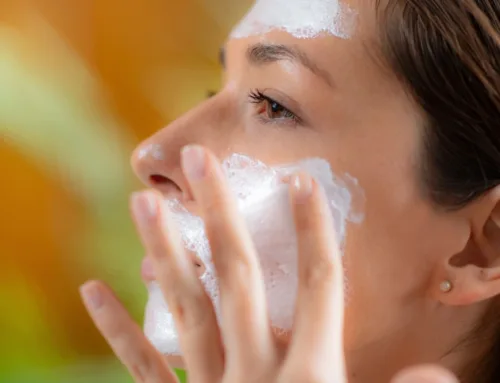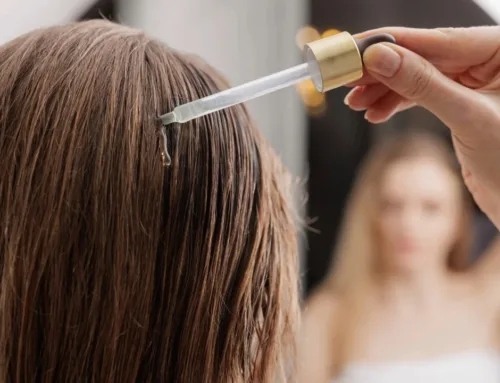Hair loss is often associated with advancing age, but it is a common issue that affects people of all ages and genders, negatively impacting their physical appearance and self-confidence. Therefore, being knowledgeable about hair care is not only essential for preventing or addressing hair loss but also for mental well-being. Let’s explore the causes, prevention, and solutions for hair loss together.
First and foremost, it’s important to note that hair loss is much more common than believed. In fact, hair loss is considered a normal part of the hair growth cycle. Losing an average of 50 to 100 hair strands a day is perfectly normal, and it doesn’t pose a problem since new hair grows in place of the lost ones. However, when the balance between hair loss and hair growth is disrupted, and new hair doesn’t replace the lost hair, visible thinning or baldness can occur. Hair loss affects both men and women and can even start in the late stages of adolescence or in their early 20s.
Causes of Hair Loss:
Androgenetic Alopecia: This is a hereditary form of hair loss that affects both men and women. Genetics play a significant role in androgenetic alopecia. Hormonal changes, especially the impact of dihydrotestosterone (DHT) on hair follicles, lead to hair thinning and eventually hair loss. In men, it typically manifests as a receding hairline and thinning on the crown, while women experience general hair thinning.
Telogen Effluvium: This type of hair loss is often triggered by traumatic events, excessive stress, illness, or surgery. These stress factors disrupt the hair growth cycle and lead to sudden hair loss. This condition is usually temporary and hair will grow back once the underlying cause is addressed.
Poor Nutrition: A diet lacking essential nutrients, especially protein, iron, and vitamins (e.g., biotin, vitamin D), can contribute to hair loss.
Medical Conditions: Certain medical conditions like thyroid disorders or autoimmune diseases, as well as treatments such as chemotherapy, can cause hair loss as a side effect. This type of hair loss may be temporary and can be reversed once treatment is completed or medications are adjusted.
Hair Styling & Products: Excessive use of styling products, heat, and tight hairstyles can damage the hair and cause breakage.
Hormonal Changes: Hormonal fluctuations due to pregnancy, menopause, or specific medical conditions can result in hair loss. Consulting with a healthcare professional to address the underlying causes can help resolve this type of hair loss.
Infections and Scalp Conditions: Conditions like fungal or bacterial infections on the scalp can also lead to hair loss.
Preventing Hair Loss
Adequate and Balanced Nutrition: A diet rich in vitamins, minerals, and protein is essential for healthy hair. Incorporate foods containing necessary nutrients, such as eggs, fish, green leafy vegetables, and nuts, into your diet. Ensure that your diet includes various nutrients like biotin, iron, zinc, and vitamins A and C, as they play a crucial role in maintaining strong and vibrant hair.
Hair Care Practices: Avoid excessive heat styling, tight hair styles, and harsh chemical treatments. Use wide-tooth combs and handle your hair gently during maintenance. You can also use hair products that nourish and promote hair growth, such as PSR Skincare‘s Happy Hair and Grow-Me-Locks. Limit the use of chemical treatments like coloring, perms, and straightening, as they can weaken the hair, cause breakage and hair loss.
Scalp Health: A healthy scalp is vital for hair growth. Regularly exfoliate dead skin from your scalp to prevent issues like dandruff that can lead to hair loss. Keep your scalp clean and moisturized.
Stress Management: Effective stress management techniques like yoga, meditation, and deep breathing exercises should be incorporated into your routine, as stress can contribute to hair loss.
Limit Smoking and Alcohol: Smoking and excessive alcohol consumption can negatively impact hair health. Quitting smoking and reducing alcohol intake will not only benefit your hair but also your overall health.
Medications and Treatments: If you have a medical condition causing hair loss, consult a healthcare professional for treatment options. Some medications may be prescribed for specific types of hair loss, and in some cases, treatments like platelet-rich plasma (PRP) therapy, hair transplantation surgery, or laser therapy may be recommended.
In summary, hair loss is a common problem that can affect people of all ages and genders. While some types of hair loss can be resolved through lifestyle changes and stress management, others may require medical intervention or specialized treatments. Understanding the type and underlying cause of hair loss is crucial for developing an effective prevention and treatment plan. With proper care and treatments, you can minimize hair loss and achieve the healthy and vibrant hair you desire.






